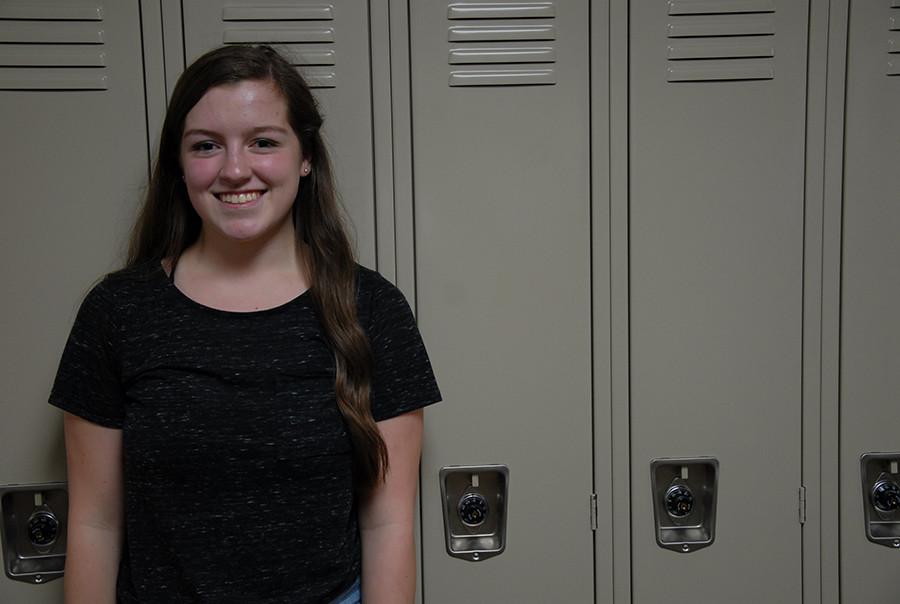To (I)B or not to (I)B
Two letters that have the ability to strike fear in the hearts of an entire student population. OK, maybe it’s not that serious, but these particular classes have been the epicenter of the upperclassmen’s stress for years. The moment students enter junior year, they are bombarded with information about these classes that the school holds so very near and dear to its heart. I did some profiling of an average junior diploma candidate and an average senior diploma candidate, to shed some light on what the IB life looks like, and the advantages and disadvantages of the program, in their own words.
Alaina Taylor: What does your schedule look like this year?
Emma Hankey (11): “I have Pre Calc, IB French, IB English, IB 20th, IB Physics, and IB Business.”
AT: “Whoa.”
EH: “Yeah.”
AT: “What’s your favorite class so far?”
EH: “I like my physics class. I don’t like science, but I like the class, because Mr. OIsen makes it fun.”
AT: How much time do you spend, on average, doing homework?
EH: “Maybe an hour or two, but I’m really good at time management.”
AT: “OK, what are some of the methods you use for time management?”
EH: “I get the hardest assignments done first, so I don’t have to stress about those.”
AT: “What did the teachers tell you that made you want to pursue the diploma?”
EH: “It would be a challenge. I’m up for a challenge, so that was something I wanted to do. So far, I’ve been doing pretty well…I’m trying not to [worry] about them.”
AT: “What have you heard from other students who have been in IB classes before?”
EH: “That it’s horrible, because of the amount of work. But that it’s worth it… when you go to college and it’s easier.”
AT: “So is that what you feel is the biggest benefit?”
EH: “Yeah, definitely pushing yourself and learning how to [improve] yourself.”
Alaina Taylor: “Why did you decide to pursue the IB Diploma?”
Carly Dawson (12): “I did the IB Diploma because I wanted a challenge…the honors courses were kind of easy, and who doesn’t want a big shiny medal?”
AT: “What’s your schedule this year?”
CD: “IB English, IB Bio, IB Spanish, IB Math Studies, Honors Physics and TOK.”
AT: “What do you feel are the biggest benefits of the diploma over the certificate?”
CD: “The biggest benefit of the diploma is that it really pushes you and prepares you for college.”
AT: “Which teacher has been the most helpful to you throughout IB?”
CD: “Mrs. Clark has been the most helpful teacher throughout IB. She’s tough but she’s amazing!”
AT: “What strategies have helped you assimilate to IB life, and what should new diploma candidates know in order to be successful?”
CD: “I would definitely recommend the diploma because if you are already taking the classes, there’s not much extra that you have to do. There [are] no good strategies for IB, honestly, you just have to learn from your mistakes. New [IB students] should know that, yes, you’re going to have your ups and downs, but…keep pushing through it. It’s worth it in the end.”
Although it seems that many of the student body actively dislikes IB and openly speaks against it, these confessionals are proof that the egregious amount of homework and assigned readings pay off when students can list IB classes on their college applications or walk across the stage at Miller Auditorium with a medal that proves just how hard they have worked. The amount IB classes will benefit a student is equal to the amount of work the student dedicates to their education. If students work hard, and do what is expected of them (and slightly beyond), they will without a doubt be prepared for the harsh but exciting world of collegiate education that awaits them in the outside world.




